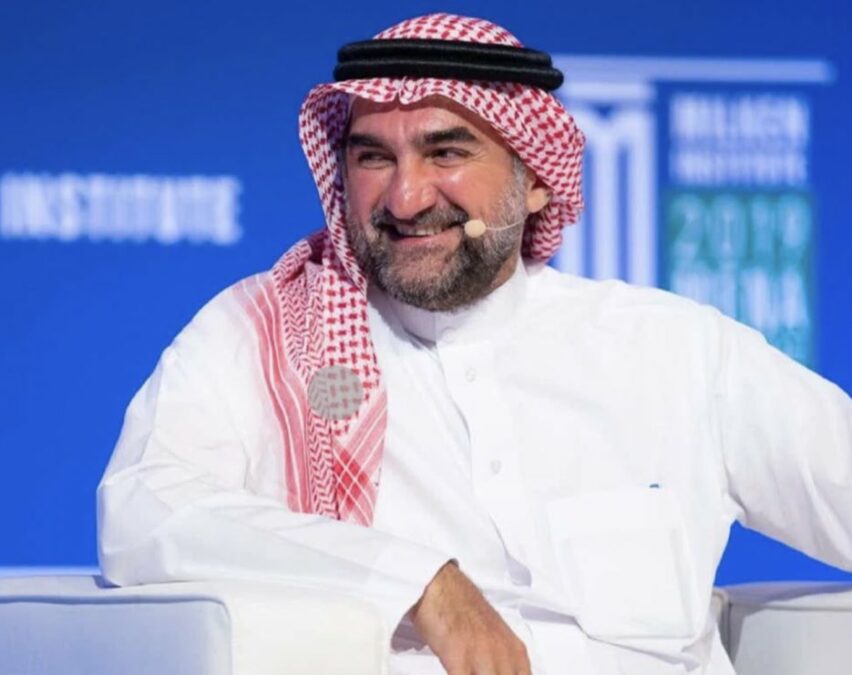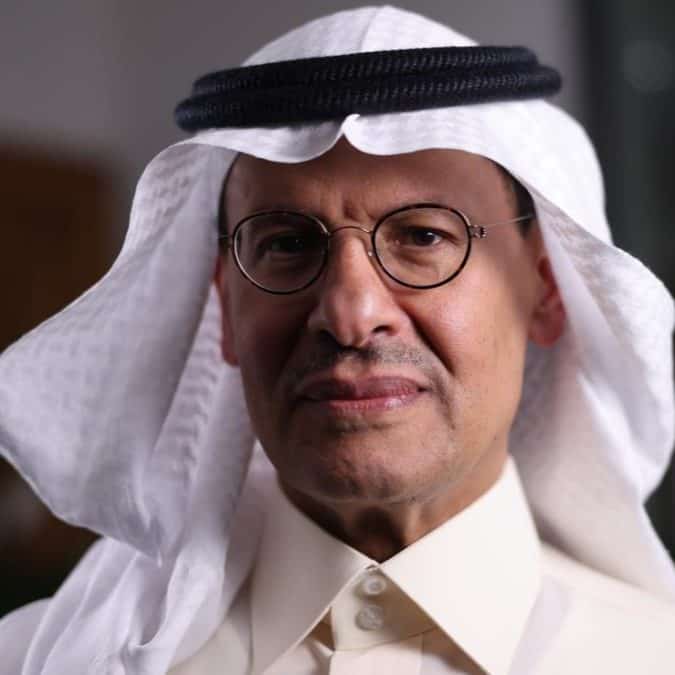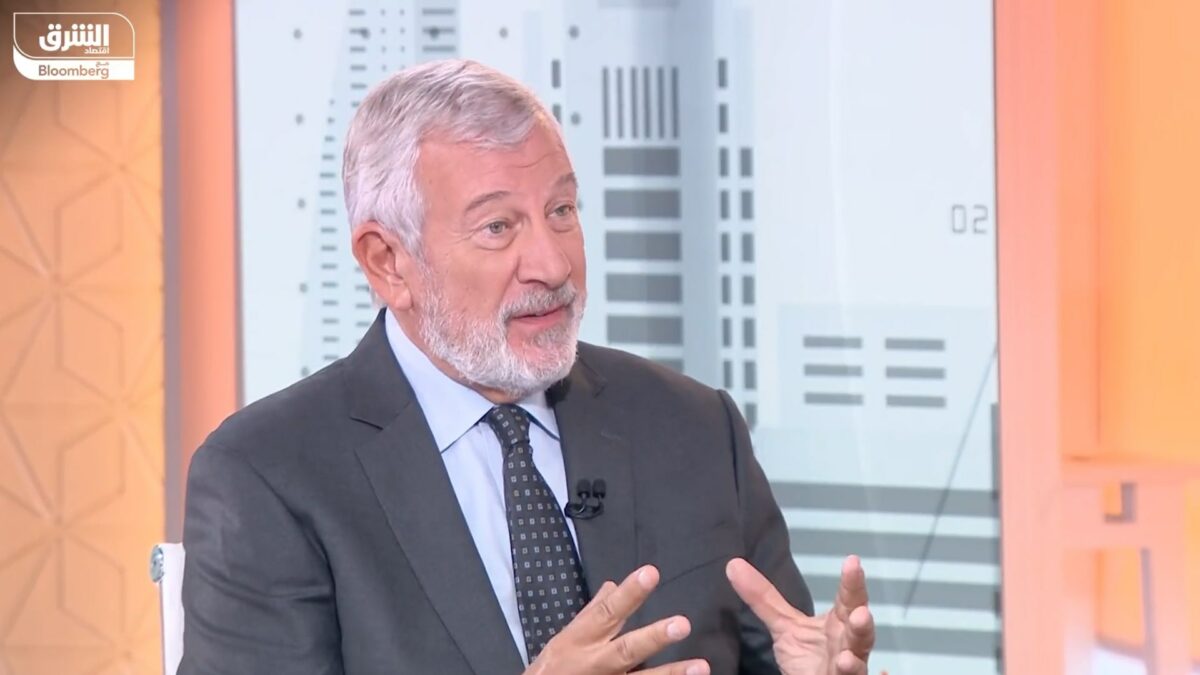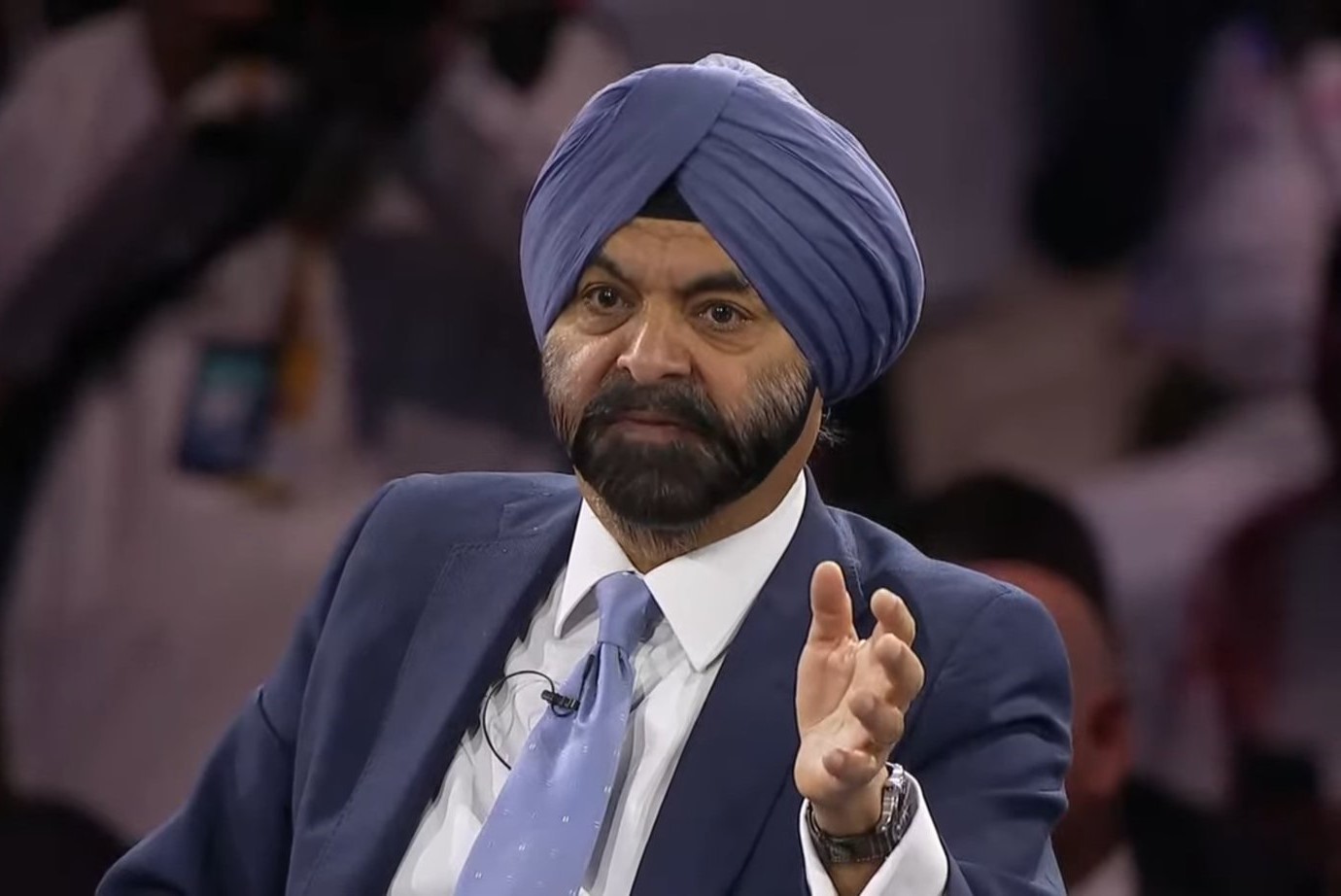Riyadh, Saudi Arabia — Geopolitical risks posed by the Israel-Gaza conflict and the Russia-Ukraine war are the biggest threats to the global economy, according to World Bank President Ajay Banga.
“The risks to the global economy keep changing but right now the geopolitical situations and its reactions across the world pose a grave danger to the overall economy of the world,” he said at the Seventh Future Investment Initiative (FII) Summit in Riyadh, Saudi Arabia.
Countries around the world need to do more in terms of gender equality and women’s rights, he said, adding that Saudi Arabia has done very well when it comes to creating jobs for women and working toward women’s rights.
Speaking on the new mission and vision of the World Bank, Banga said, “The new mission of the World Bank is to focus not just on eradicating poverty and sharing prosperity, but on [ensuring] a livable planet and addressing the world’s intertwined crises and challenges.”
However, he expressed his deep concern over the widening of the wealth gap. There is a troublesome gap between the Global North and the Global South, where issues such as inequality, fragility, poverty, and climate change pose significant roadblocks to the growth of the Global South, according to Ajay Banga.
On the first day of the FII summit, the discussions focused on how the global community can successfully navigate the emerging new norms of relations amidst instability, climate concerns and social inequality with delegates agreeing with calls for a new “global compass” in order to incentivize and support investment opportunities.
Here are some important remarks by business leaders on the conference’s opening day:
Governor for Saudi Arabia’s Public Investment Fund Yasir Al-Rumayyan:
What we are doing in KSA is a good model for the world. By 2030, we want 50 percent of our power generation to be based on renewable energy and the other 50 percent will be based on gas which emits less than liquid. We have to invest more in renewable energy. If you look at the targets, by 2045, $283 trillion dollars that need to be invested cumulatively from 2020.

Ray Dalio, Founder, CIO Mentor, and member of the Board, of Bridgewater Associates, LP:
What we see today and as we go into US elections which are going to be over irreconcilable differences over wealth and power. Look at geopolitical issues and climate issues. Climate issues will cost us $5-10 trillion dollars a year in world GDP. It must be addressed.

Jamie Dimon, Chairman and CEO of JP Morgan said:
Fiscal spending is higher than it’s ever been in peacetime, by a significant margin. A 25 basis-point rate hike won’t make much of a difference, but a 100 basis-point shift across the yield curve would. What we see today resembles the 1970s—a lot of spending. Governments are pushing for ESG, but without implementing carbon taxes or a rational strategy.
Prince Abdulaziz bin Salman al-Saud, Minister of Energy, Saudi Arabia:
The Kingdom has demonstrated not just a transition, but an aspiration to be a model for how a hydrocarbon economy can evolve. We’re aiming for the trilemma: energy security, affordability, and economic growth. On the sustainability front, our commitment to the Paris Agreement is unwavering. We not only signed it, but meticulously negotiated every detail. Execution of these commitments isn’t optional; it’s obligatory.

Richard Attias, CEO of the Future Investment Initiative Institute
The future of values for humanity is a future that embraces empathy, inclusivity, tolerance, knowledge, ethics and peace. It is a future where we recognize our shared responsibility to care for our planet and each other.

At the 7th FII underway in Riyadh (24 -26 October), 6,000 leaders, investors, and innovators from around the world are taking part in over 200 panels and discussions designed to tackle the biggest issues facing humanity’s health, prosperity, and survival.








